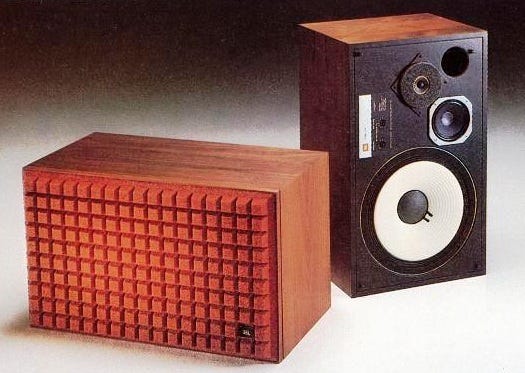I've been on these forums for quite a while, and while I don't believe everything that is being said here, I'm constantly catching myself believing in the fraud.
Case and point - I spent well over $2000CAD on a Pre-amp (with >$500 on tubes for a Freya+) and a Denafrips Ares II, think that I will have an amazing setup with these two items. I've been listening to them for over a year now and I consider them to be great.
Lo and behold, I decided to buy a SMSL DO200, for around $399 in the last 11.11 sale, and plugged it in. Immediately, I heard a lot worse sound, lack of bass and something's wrong with my speakers. Thinking to myself ah ha! I’ve made the right purchase decisions.
I then realized I had wired the left and rights wrong, so I fixed it and what a surprise, everything returned. More deeper bass (if you see my other thread about lack of bass with my R11's), room shaking response, a sense of excitement that was sorely lacking in the Denafrips and Freya combo, and just a sheer sense of "speed". Drums felt like they hit me with force, whereas in the previous setup they were dulled a bit. Although we are talking 99.9 vs 99.8 difference. The price difference is almost $2500 vs $399.
The more and more I realize, maybe this industry is just a load of fraud? Even using my wife as a test, she likes the SMSL far better (her hearing range is far better than mine actually, she can hear things I cannot, like small high pitched sounds in the music here and there).
TL/DR - basically, I spent $$$ on equipment that did nothing but burn money, all replaced by a $399 DAC that does it all. I'm also using mono LA90's which are amazing as well.
My question is - is the rest of the audio industry just full of it?
Case and point - I spent well over $2000CAD on a Pre-amp (with >$500 on tubes for a Freya+) and a Denafrips Ares II, think that I will have an amazing setup with these two items. I've been listening to them for over a year now and I consider them to be great.
Lo and behold, I decided to buy a SMSL DO200, for around $399 in the last 11.11 sale, and plugged it in. Immediately, I heard a lot worse sound, lack of bass and something's wrong with my speakers. Thinking to myself ah ha! I’ve made the right purchase decisions.
I then realized I had wired the left and rights wrong, so I fixed it and what a surprise, everything returned. More deeper bass (if you see my other thread about lack of bass with my R11's), room shaking response, a sense of excitement that was sorely lacking in the Denafrips and Freya combo, and just a sheer sense of "speed". Drums felt like they hit me with force, whereas in the previous setup they were dulled a bit. Although we are talking 99.9 vs 99.8 difference. The price difference is almost $2500 vs $399.
The more and more I realize, maybe this industry is just a load of fraud? Even using my wife as a test, she likes the SMSL far better (her hearing range is far better than mine actually, she can hear things I cannot, like small high pitched sounds in the music here and there).
TL/DR - basically, I spent $$$ on equipment that did nothing but burn money, all replaced by a $399 DAC that does it all. I'm also using mono LA90's which are amazing as well.
My question is - is the rest of the audio industry just full of it?
Last edited:




